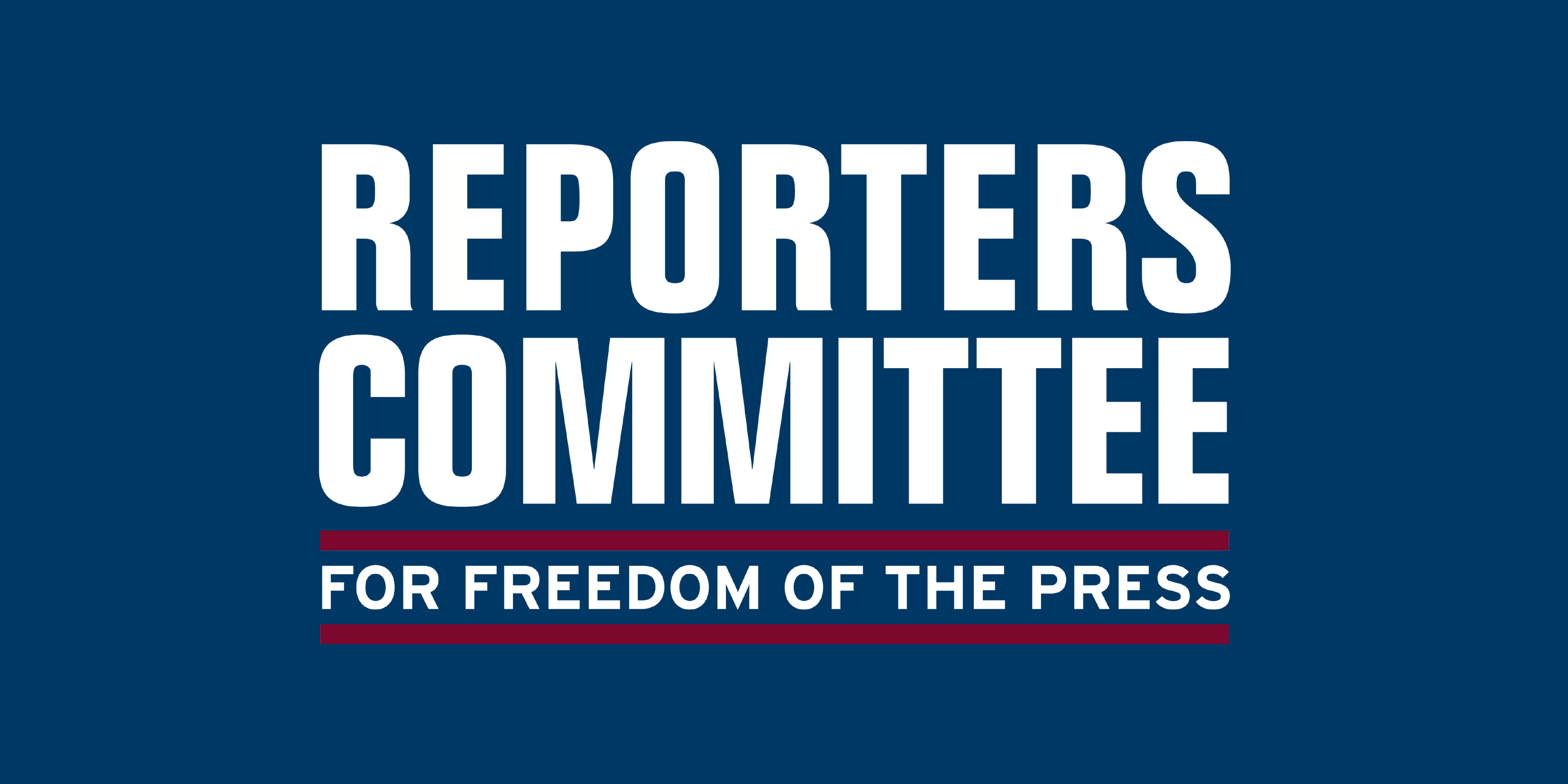Subpoena for sources, records related to Washington Post journalist’s college reporting is improper and invalid, RCFP argues

Attorneys at the Reporters Committee for Freedom of the Press are pushing back against a subpoena seeking Washington Post journalist Fenit Nirappil’s sources and school work related to a nine-year-old investigation he worked on for the Medill Innocence Project when he was an undergraduate student.
During the 2011-2012 school year, Nirappil and a team of other students at Northwestern University published two groundbreaking stories about the conviction of Ariel Gomez for a 1997 murder in Chicago. Their reporting cast doubt on evidence prosecution presented at trial, as well as Gomez’s claims of innocence.
Now freed, Gomez is suing the city of Chicago and law enforcement officials, alleging misconduct related to his conviction, such as fabricating evidence, concealing exculpatory evidence and coercing a false confession from him. In April, the Sotos Law Firm issued the subpoena to Nirappil on behalf of Berscott Ruiz, Alan Pergande, Edward Mingey and Robert Biebel, who were Chicago police officers or officials at the time of Gomez’s arrest and are now defendants in his civil rights lawsuit.
In a May 5 letter to the Chicago law firm, a Reporters Committee attorney argued that a First Amendment privilege for journalists’ sources and work product, as well as federal court rules, protect Nirappil from being required to comply with the subpoena. The U.S. Court of Appeals for the Fourth Circuit, which includes Virginia, where Nirappil resides, has recognized a qualified privilege for journalistic materials in civil cases. As the letter noted, that court has recognized: “If reporters were routinely required to divulge the identities of their sources, the free flow of newsworthy information would be restrained and the public’s understanding of important issues and events would be hampered in ways inconsistent with a healthy republic.”
Additionally, the letter states that the subpoena is procedurally defective, overly broad and unduly burdensome. The subpoena, which was improperly served through the mail, demanded that Nirappil provide a broad range of documents in just three business days — including any and all communications with 49 individuals and records from his entire undergraduate education.
“The scope of the subpoena is staggeringly broad, seeking discovery that is not relevant to any party’s claims or defenses,” Reporters Committee Senior Staff Attorney Sarah Matthews wrote in the letter to the law firm.
The subpoena to Nirappil comes amid growing concern about a possible increase in legal threats to journalists. In a recently released report, the Reporters Committee found that “2020 was the third year in a row that the number of subpoenas reported to the U.S. Press Freedom Tracker increased.” The report noted that “subpoenas can impose a significant financial, emotional, and professional burden on journalists and news outlets and take time away from reporting the news. If journalists refuse to comply with a subpoena to protect a source or sensitive work product, they can risk jail time or hefty fines.” A privilege for journalistic materials — like the one recognized in the Fourth Circuit — therefore provides critical protection to members of the press.